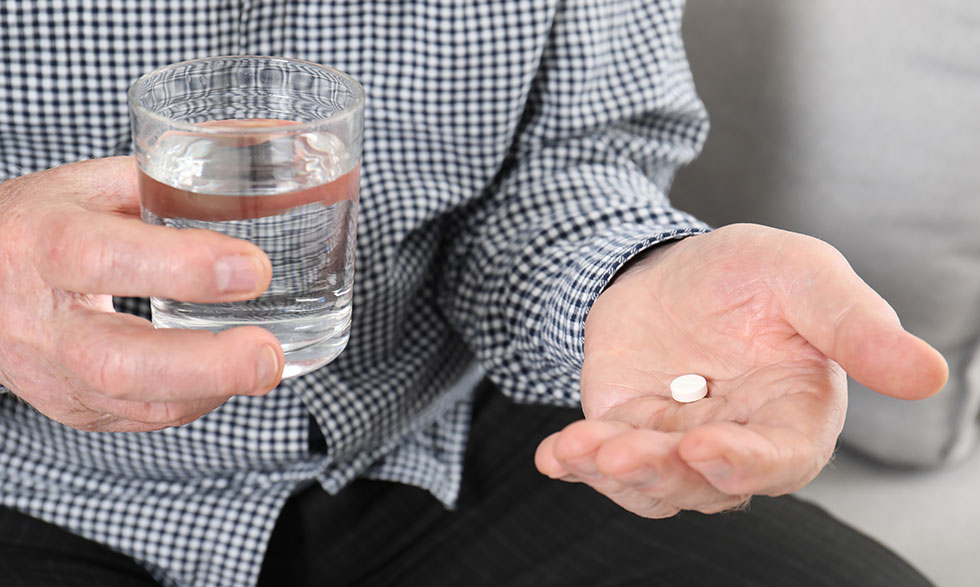Many people are taking a daily low-dose aspirin even though they don't need to.
New National Institutes of Health-supported research suggests that nearly 29 million people may be taking aspirin unnecessarily to help prevent a heart attack or stroke. Ten million of those people are 70 and older.
New National Institutes of Health-supported research suggests that nearly 29 million people may be taking aspirin unnecessarily.
In the past, experts recommended that people with heart problems take one low-dose aspirin a day. Aspirin helps thin the blood to prevent blood clots, which can lead to a stroke or heart attack.
But new guidelines recommend that only for heart attack or stroke survivors.
Researchers also found that people were taking aspirin even though their doctor hadn't recommended it. This can be especially dangerous in people who are at higher risk of internal bleeding, like those with stomach ulcers.
Make sure to check with your health care provider before starting or stopping any medicine, even one that is available without a prescription. Your pharmacist can also tell you which medications may not work well together.






